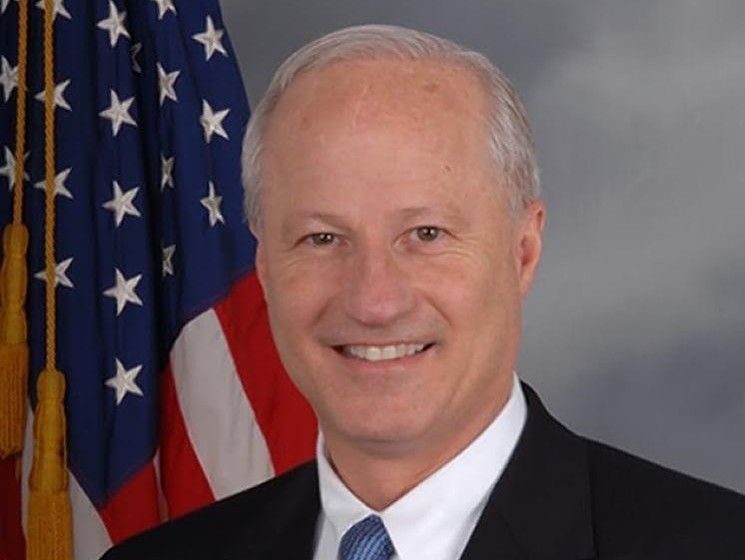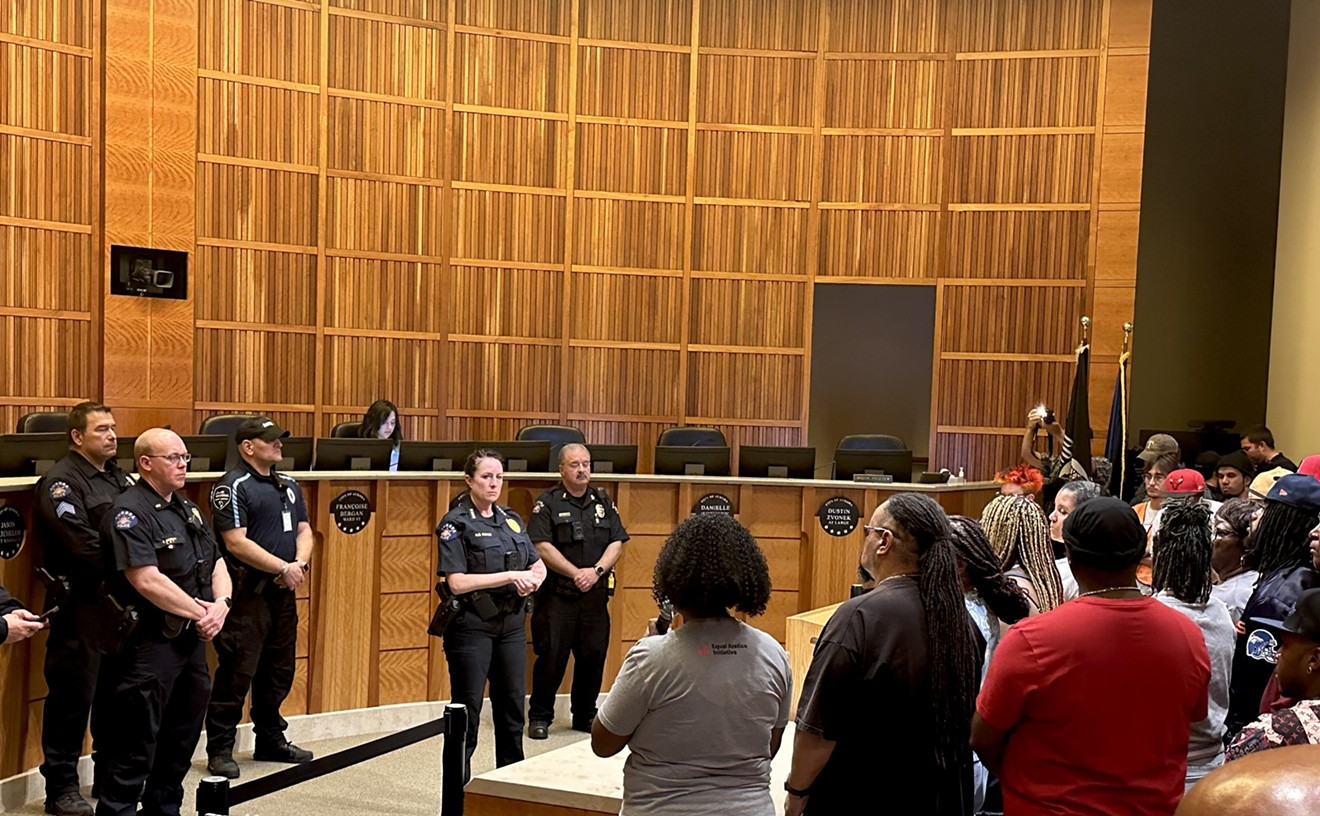On November 6, Colorado's Republican U.S. senator delivered big for the National Republican Senatorial Committee (NRSC), the wing of the GOP that's tasked with re-electing Republicans. The party did well in the Senate, flipping at least three seats and extending their majority in Congress's upper chamber. Somewhere on Capitol Hill, Gardner probably got a pat on the back — or five — from Senate Majority Leader Mitch McConnell, and, behind some very closed doors, President Donald Trump.
But Gardner probably got a different response from state party bigwigs. The anticipated blue wave may not have taken the entire country by storm, but it sure swept landlocked Colorado, with Democrats taking control of all statewide elected offices and flipping the 6th Congressional District blue. Democrats now control the state Senate and House.
All of which is to say that Colorado voters appeared to send Gardner a loud message on November 6: You're on notice.
So how does Gardner — the most endangered GOP senator up for election in 2020, at least based on 2016 presidential vote margins — navigate the tricky political waters of being a Republican from an increasingly blue-leaning state?
The obvious answer is that Gardner should consider moving toward the middle on certain issues, much like he has on marijuana and criticizing the president. But so far, Gardner's votes have generally gone with the new Republican mainstream.
Unlike his Republican colleagues Susan Collins (Maine) and Lisa Murkowski (Alaska), Gardner was never considered an on-the-fence type for high-profile, highly partisan votes on the Affordable Care Act or Brett Kavanaugh's confirmation to the Supreme Court. Indeed, his party considers his votes on controversial subjects as "safe," meaning he will have a more difficult time separating himself from Trump and the new Republican mainstream — and we saw hints of that from the midterms.
In the 6th Congressional District, Democrats repeatedly attacked GOP Republican Mike Coffman for voting with the president 96 percent of the time, a line of attack that proved effective. Democratic challenger Jason Crow beat Coffman decisively, capitalizing on anti-Trump furor to take a seat that had proven stubbornly Republican until Trump came along."This was a referendum on Trump, and the voters said, 'We don't like him.'"
tweet this
"This was a referendum on Trump," GOP consultant Dick Wadhams says of the elections in Colorado. "And the voters said, 'We don't like him.'"
Gardner votes with Trump 91 percent of the time, according to data website FiveThirtyEight, a stat you'll probably hear a few times over the next two years. That alone will make it hard for Gardner to create a narrative for his re-election bid that wouldn't include Trump. And because Democrats have a good chance of picking up his seat in the 2020 cycle, left-leaning outside money will likely be thrown into TV ads against him — just as Denver-area voters saw with Coffman.
"Mike Coffman did everything he could as a Republican congressman representing, frankly, a Democratic district and an anti-Trump district to try to win. But he got swept out," Wadhams says. "It's just like Wayne Williams — probably one of the most respected secretaries of state in the nation, lauded by the Washington Post of all things — and he gets swept out."
Gardner's best bets are two things, according to Wadhams: time, and giving voters a chance to see more of his personality.
"I know his numbers look kind of shaky right now, but I think Cory will run a magnificent campaign," Wadhams says. "He's very likable; he's going to be back in campaign mode. He will be the person that Republicans rally around.
"I don't think [GOP gubernatorial nominee Walker Stapleton] ran an inspiring campaign at all," he continues. "I think it was a mediocre campaign that didn't tell voters much about what he wanted to do as governor. We didn't have a standard there for governor that could try and withstand the wave. Walker Stapleton is not responsible for the Republican losses, but I don't think he was a great standard-bearer."
With fellow Republicans Jeff Flake (Arizona) and Bob Corker (Tennessee), who are critical of Trump, retiring this year, there may be more room for centrist, Trump-skeptic Republicans in the Senate. And with the Republicans' Senate majority increasing, there may also be more room for Gardner to vote against Trump without jeopardizing a bill's outcome.
That said, in the polarized age of Trump, support for traditionally conservative ideas such as limited government and lower taxes are now increasingly intertwined with Trump's race-baiting and controversial tweeting. Gardner will have to do what few bluer-state Republicans have done, and do it effectively: differentiate himself from the president, particularly in a year in which Trump will appear above Gardner's name on the same ballot.
"I do think [Gardner] will assert some more independence on certain issues," Wadhams says. "Cory will, in all likelihood, be very supportive of judicial nominations, including the next Supreme Court fight, if there is one in the next two years. Of course, Cory will be with the president on issues where their agendas coincide. Cory was always going to be a proponent of tax cuts and a lot of deregulation."
What if Gardner goes the other way and fully embraces Trump, with the idea of turning out the full Republican base?
Incumbent Republican Dean Heller tried this in Nevada, a state that voted for Clinton by a smaller margin than Colorado in 2016. After initially backing away from Trump, Heller fully embraced the commander-in-chief, even telling Trump at an October rally, "Everything you touch turns to gold." Trump and his allies visited Nevada several times in an attempt to turn out the state's Republican base to put Heller over the top.
Heller lost his Senate race to Democrat Jacky Rosen by five points.













